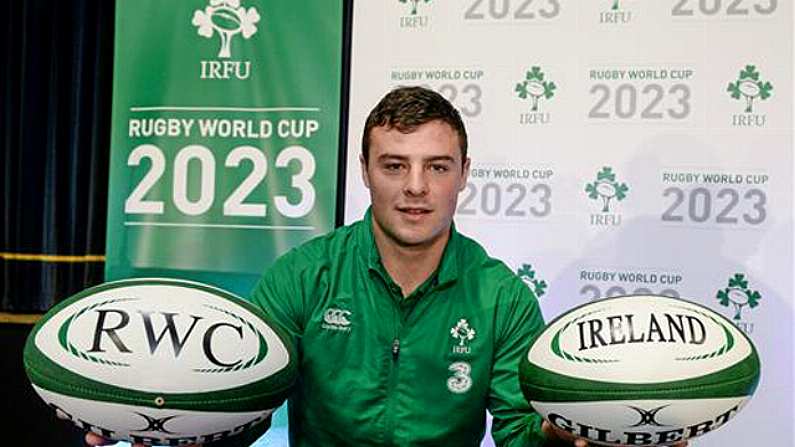Ireland's bid to host the Rugby World Cup in 2023 is under threat. Ireland's bid is based on using a lot of GAA stadiums, and while it is an attractive proposal, recent proposals to World Rugby about the future of the Rugby World Cup could hamper Ireland's chances of winning the bid.
As it currently stands, the Rugby World Cup (RWC) currently features 20 teams playing across four pools with a total of 48 games split into 40 pool games and eight knockout games. This would mean that the host nation needs to provide at least eleven stadiums across as many cities as possible.
The proposal being put forward to World Rugby at the moment is about expanding the number of teams in the tournament from 20 to 24. It's too late for that to be implimented for this year's showcase in 2015, or for Japan in 2019. But World Rugby chief executive Brett Gosper admitted that they are looking at 2023 for the expansion to happen.
How does this change things? Let's assume that World Rugby follow the FIFA World Cup model employed in USA 1994. This was the last time that the FIFA World Cup had 24 teams. In that tournament, there were six pools of four teams each, with 16 teams going through to the knockout stages. There would be 52 games played, with less pool games - 36, but eight more knockout games at 16.
The problem arises under World Rugby's stadium requirements for knockout games. Some stadiums that are suitable for pool games, wouldn't be eligible for knockout games due to capacity requirements. Added to this, with extra knockout games, World Rugby would look favourably at bids from countries that could spread these games across the host country.
This means that an Irish bid that just had knockout stages in Dublin wouldn't be benefical.
It's by no means a huge problem, given the requirement for Ireland to re-develop the stadiums they will be using anyway. It just means that some areas will need a bigger capacity than thought, while a city outside Limerick, Dublin and Belfast would need to be included. It's not immediately clear how beneficial this could be in the long run to develop a stadium like Semple Stadium in Thurles, MacHale Park in Castlebar, or Pearse Stadium in Galway if the extra capacity will go unused after the World Cup.
This wouldn't be a problem for competing nations South Africa, Italy and Argentina who already have sufficient stadiums in a number of different cities.
While it's not a death knell to Ireland's chances, it provides a reality check to just how difficult it will be for Ireland to win the rights to host the Rugby World Cup in 2023.
Photo Credit Oliver McVeigh/Sportsfile











